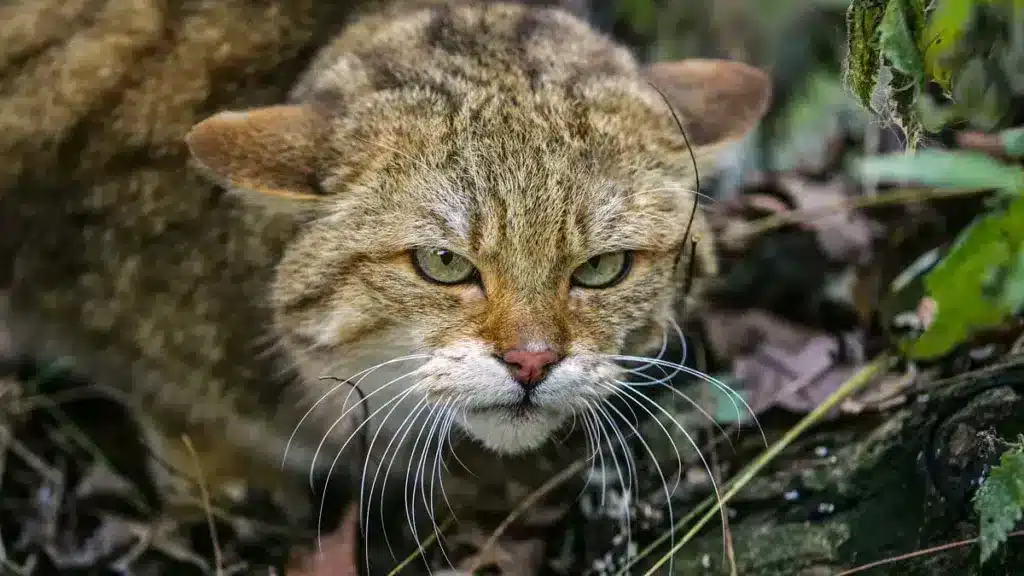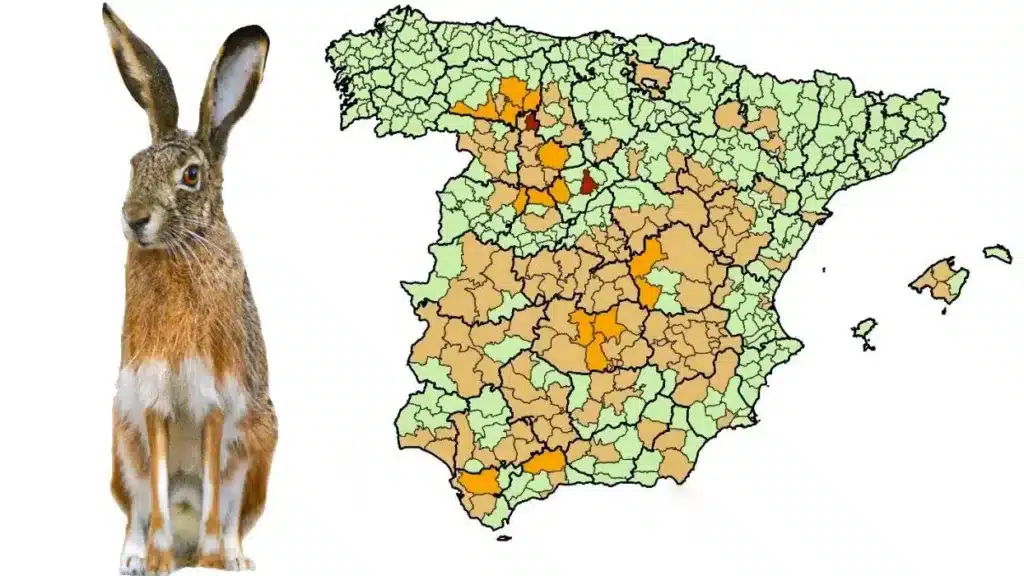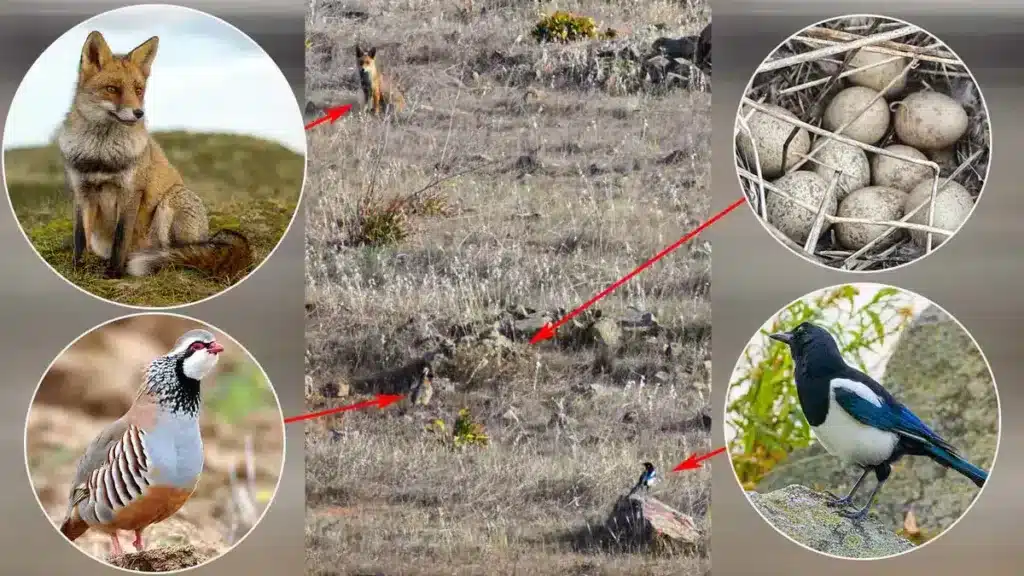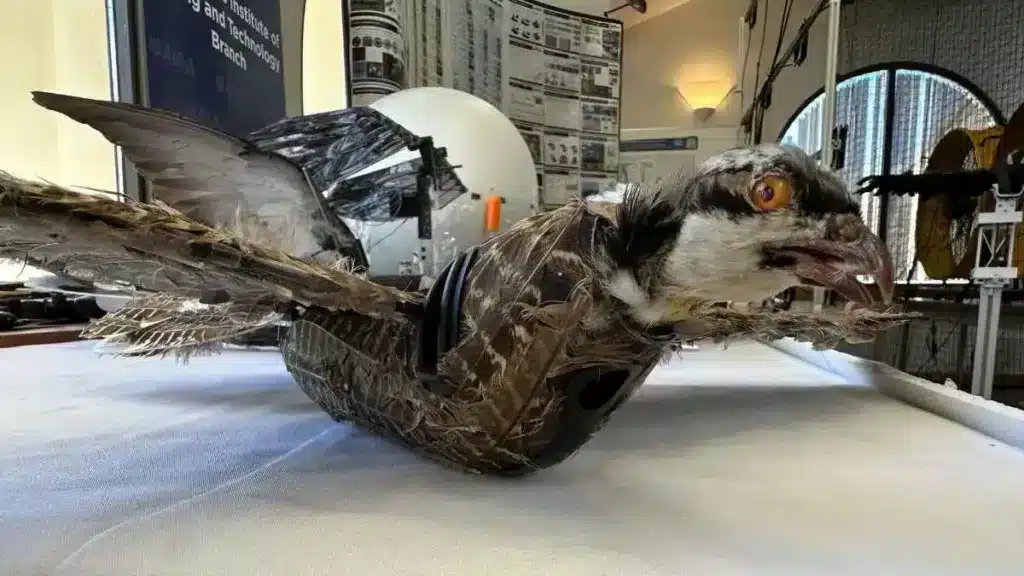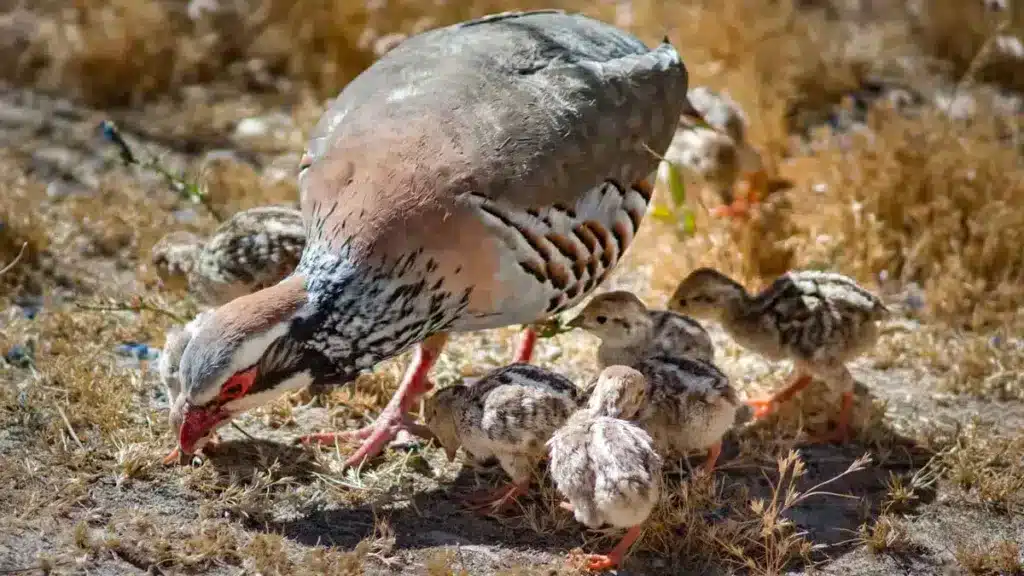Jorge Alonso, known on social networks as El Guarda Smith, is a rural gamekeeper from La Rioja who is committed to the good image of the hunting sector in society. This has led him to carry out numerous initiatives over the last few years in favour of the sector, both in defence of hunting in society and as an educational tool.
One of them was the decision to publish Trampas de caza y pesca, a hunting book that reviews the ancient traps used by our grandparents, right up to modern, authorised and ethical trapping. And it gives rise to reflections such as the following one, which features a wildcat trapped in a pond.
“In the 1970s the wildcat was considered vermin by law. If a hunter had seen it, he would have shot it and cut off its tail to take it to the town hall, where he would have been paid,” says the gamekeeper. “Today, a hunter who is a member of a game reserve I work for called me because he saw one fallen in this newly built pond”, says Alonso.
As the gamekeeper of the enclosure, he called the regional Wildlife Recovery Centre to rescue it: “A rural agent and a technician came and between the three of us we were able to get it out. Teamwork”. Alonso also highlights the fact that “the hunting sector is aware of conservation and biodiversity and they are the eyes that watch over our fields and forests. What about black chickpeas? Of course, as in all activities, but there are fewer and fewer of them,” he says.
The hunting of predators such as wildcats and wolves over the last centuries
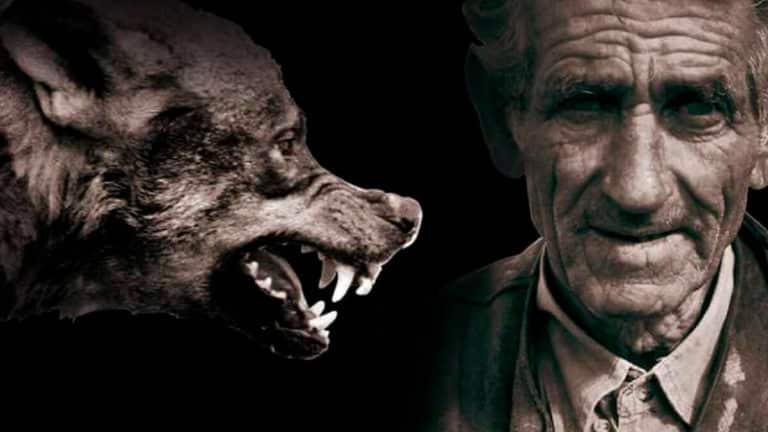
Predator hunting is not new. Its practice dates back to the dawn of time since man, until just a few decades ago, has always lived in the wild, coexisting and competing with other animals for the limited resources of the earth.
Competition between species has always been fierce and this has traditionally posed a problem of coexistence for which in ancient times there was only one solution: the death of the rival, the sacrifice of that vermin that filled its stomach at the cost of emptying man’s stomach or, worse still, at the cost of man himself. For this reason, what we know today as predator control was for centuries something quite different.
We could safely say that in the past this practice was not even understood as a way of hunting, but as a basic necessity, a way of waging war on certain animals considered harmful in order to erase their presence from the face of the earth.

